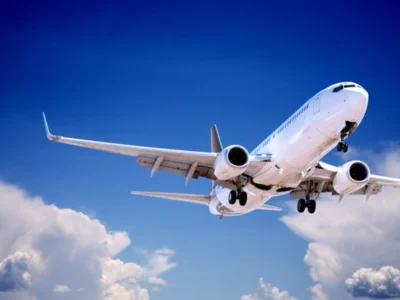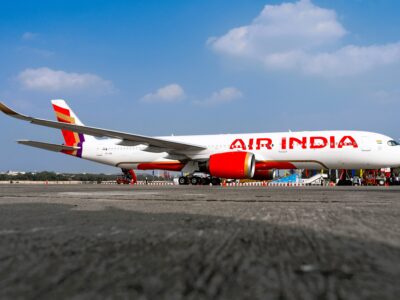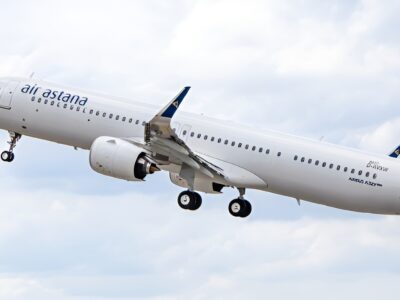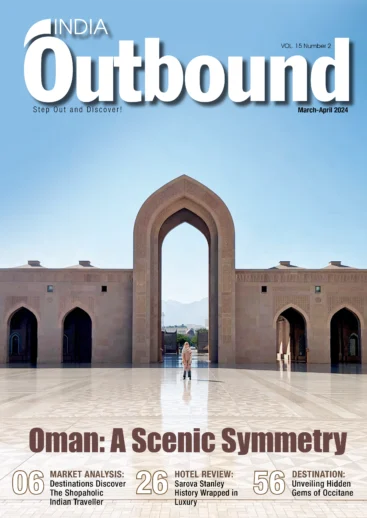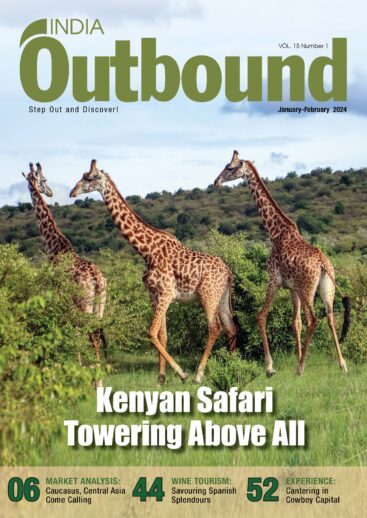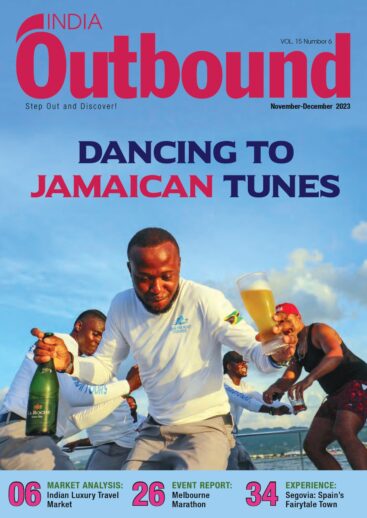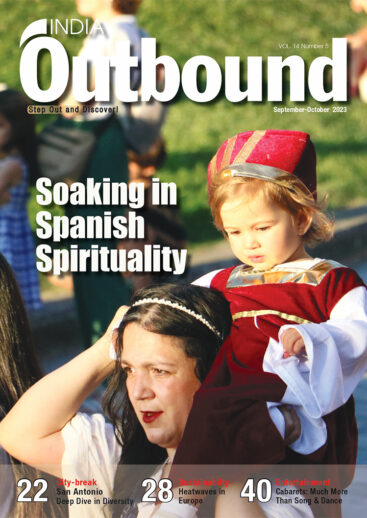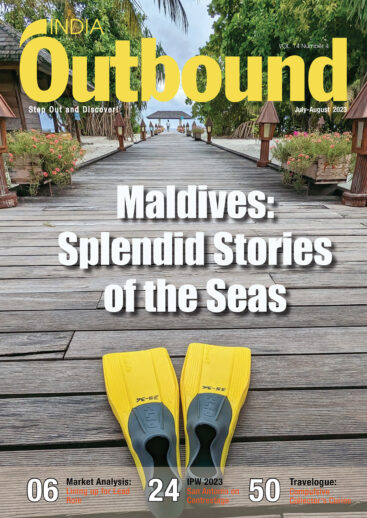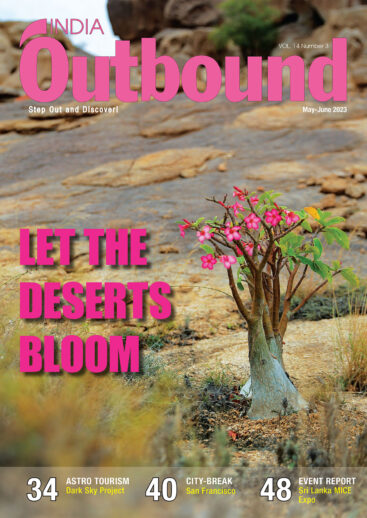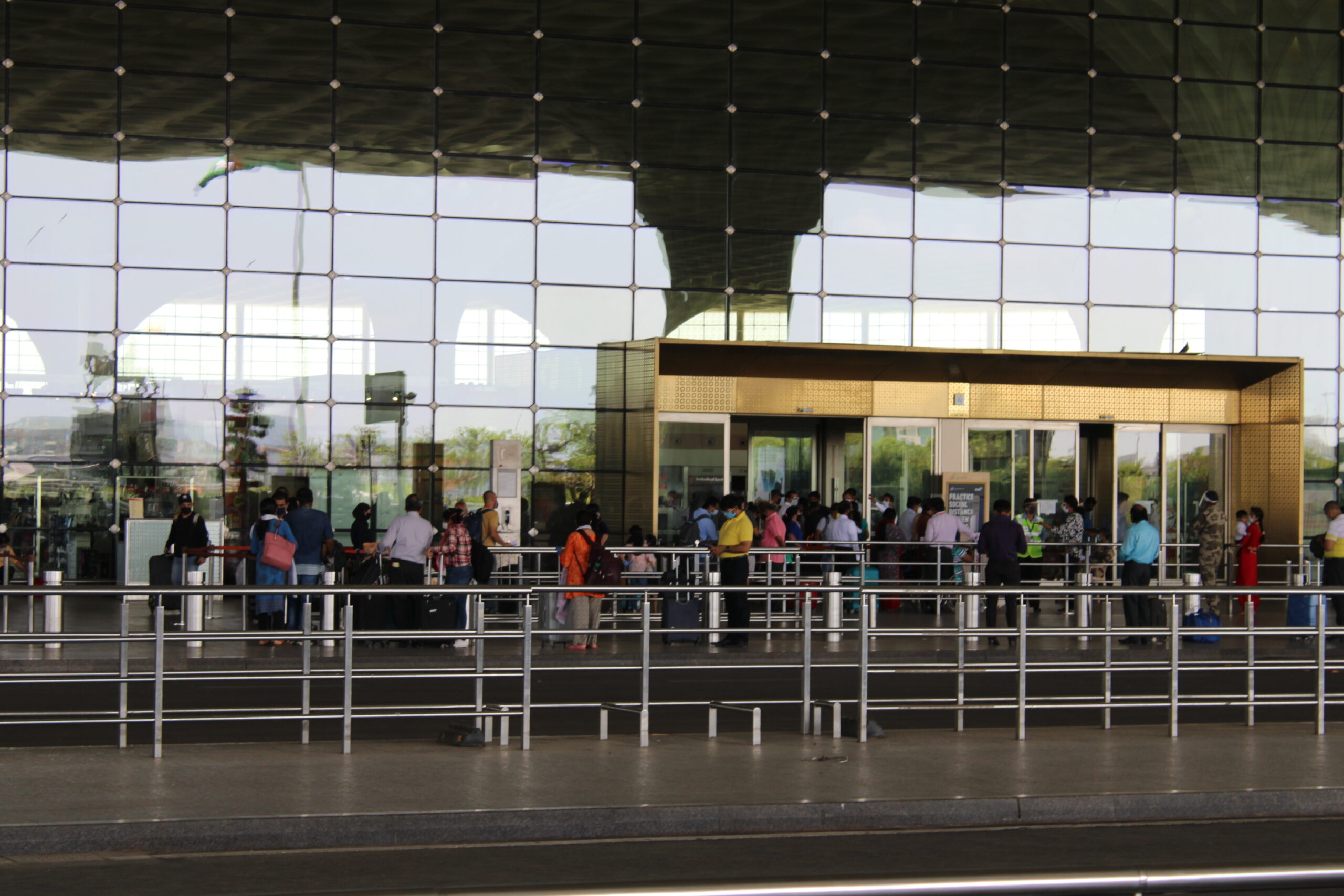
According to IATA data, demand is expected to stand at 40 pc of 2019 levels in 2021, and rise to 61 pc in 2022 (IO photos/Varsha Singh)
Last month, a report by the International Air Transport Association (IATA) estimated that airlines the world over will report USD 201 billion in losses due to Covid-19 by the end of 2022. IATA added that while the losses had reduced sharply from the onset of the pandemic — from USD 137.7 billion in 2020 to an estimated USD 51.8 billion in the current year, the biggest deterrent to air travel continues to be quarantine measures.
“People are frustrated with Covid-19 travel restrictions. They don’t see the necessity of such restrictions to control the virus,” IATA’s director-general Willie Walsh said in a press note. “The message they are sending to governments is: Covid-19 is not going to disappear, so we must establish a way to manage its risks while living and traveling normally,” he added.
According to IATA data, demand is expected to stand at 40 pc of 2019 levels in 2021, and rise to 61 pc in 2022. Total passenger numbers are likely to reach 2.3 billion in 2021, and 3.4 billion in 2022 — similar to 2014 levels, but significantly below 4.5 billion in 2019. However, robust demand for air cargo is expected to continue, with the 2021 and 2022 demand at 7.9 pc and 13.2 pc, respectively, above 2019 levels.
The terrible health of the airlines has for long been blamed on people’s fear of contracting the deadly coronavirus while travelling. However, now with vaccinations having progressed significantly at least in some countries and people are getting restless over having been literally locked in their homes, cities and eventually their countries, and are desperate to travel overseas again, even if under different conditions and a greater emphasis on safety.
But even though the travellers are ready and so are the associated hospitality and transport industry stakeholders, that have been keen to see a resumption of the long-haul towards normalcy and the happy sounds of cash register tills, there remain numerous barriers that are preventing a smooth restart of travel.
This to be blamed largely on the governments around the world that have been adopting knee-jerk responses to the virus and its spread in other parts of the world as well as the unreasonable amount of regulation and restrictions imposed by them on cross-border travel. IATA has asked governments to adopt simple, predictable and practical measures to safely and efficiently facilitate the ramping-up of international travel as borders re-open.
IATA has asked the governments to adopt simplified health protocols which are extremely cumbersome and expensive for all concerned and also urged for widespread adoption of digital solutions to process health credentials like vaccinations and Covid-19 tests. IATA also asked the governments to adopt Covid-19 control measures that are proportionate to the risk levels and a continuous review of these measures.
IATA has addressed these suggestions as part of a policy paper, From Restart to Recovery: A Blueprint for Simplifying Travel released earlier this week. “As governments are establishing processes to re-open borders, in line with what they agreed in the Ministerial Declaration of the ICAO High Level Conference of Covid-19, the Blueprint will help them with good practices and practical considerations. Over the next months we need to move from individual border openings to the restoration of a global air transport network that can reconnect communities and facilitate economic recovery,” says Conrad Clifford, IATA’s Deputy Director General.
The IATA document is meant to facilitate the efficient ramping-up of global connectivity. “We must have processes in place to safely and efficiently manage the ramping-up of international travel as borders re-open. With over 18 months of pandemic operational experience and traveler feedback we know that a laser-focus on simplicity, predictability and practicality is essential. That is not the reality today. Over 100,000 Covid-19 related measures have been implemented by governments worldwide. This complexity is a barrier to global mobility that is exacerbated by the inconsistencies these measures have created among states,” said Clifford.
IATA called on the governments to adopt simplified health protocols that are simple, consistent, and predictable. It asked them to remove all travel barriers, including quarantine and testing, for those fully vaccinated with a WHO-approved vaccine as well as quarantine-free travel for non-vaccinated travellers with a negative pre-departure antigen test result.
IATA says that 80 pc of potential travellers believe 80 pc believe that vaccinated people should be able to travel freely, while 81 pc say that testing before travel is an acceptable alternative to vaccination and 73 pc believe that quarantine is not necessary for vaccinated travellers.
The other key demand of IATA is a uniformity in management of travel health credentials, vaccination or testing certificates, should be handled digitally and enable travellers to complete the process in advance so that they can arrive at the airport ready-to-travel. This will facilitate automated check-in processes, reducing airport queuing and wait-times. It also said the European Digital Covid Certificate (EU DCC) is widely accepted and a recognised good practice, with 22 non-EU States currently having equivalence agreements with the EU DCC. It adds that IATA Travel Pass can integrate with government solutions to assist with data collection and verification.
Lastly, IATA asks the governments for Covid-19 measures proportionate to risk levels with a continuous review process. It says that healthcare, hospitality and travel industries as well as governments have amassed crucial and vast experience with Covid-19. This will continue as the pandemic turns into endemic. IATA says that hence Covid-19 measures must reflect this growing knowledge, changing risk levels and societal tolerance. While day-to-day modifications to measures would introduce unpredictability that would be counter-productive, regular reviews and adjustments are needed. It urged for the governments to be more transparent with the risk assessments that are used to make decisions relating to international travel to enhance predictability for both consumers and industry as well as apply “sunset” clauses to public health measures to ensure that they are only in place for as long as needed.
These steps would allow a critical social, cultural and economic activity to resume smoothly, says IATA. “Travel is important. Pre-pandemic some 88 million livelihoods were directly connected to aviation. And the inability to travel freely by air has impacted the quality of life for billions of people. We know that travellers feel confident with the implementation of the Covid-19 safety measures. But they have clearly told us that the current travel experience needs to improve with better information, simpler processing and digital solutions. To restore the social and economic benefits of global mobility, industry and government must work together with a common vision of processes that are convenient for travelers, effective for governments and practical for the industry,” says Clifford.









